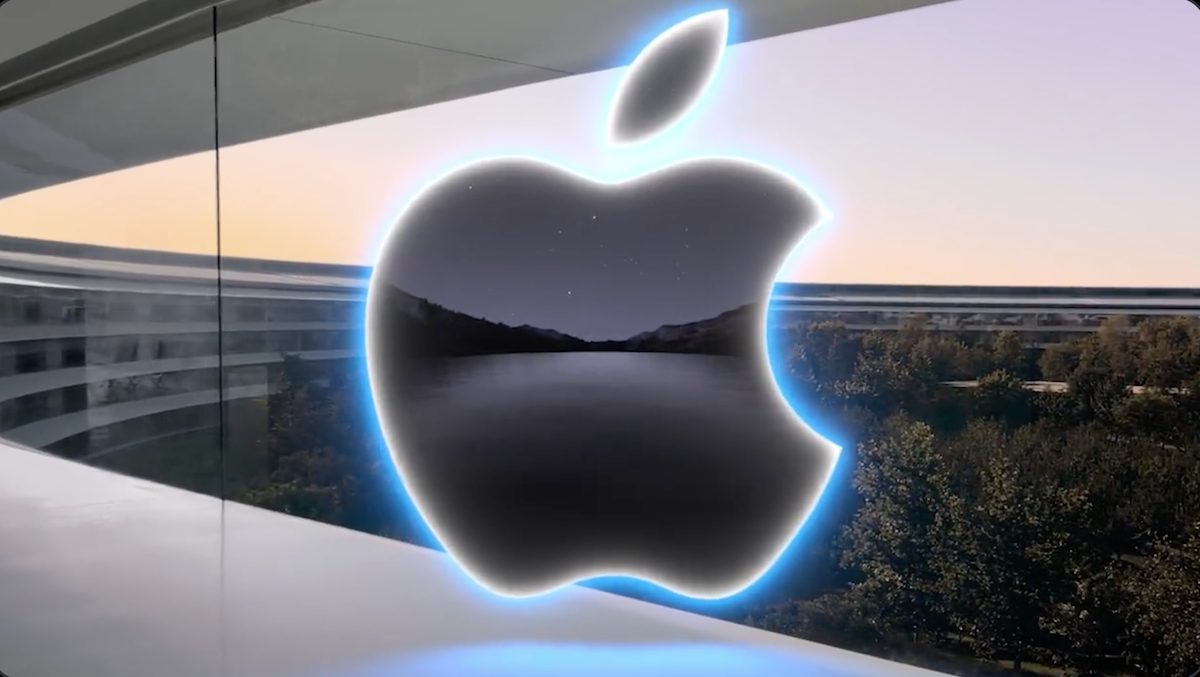Apple signed an agreement with the Indonesian government which could force the tech giant to give the local authorities users’ iCloud data. The Financial Times reports that Apple, Amazon, Netflix, Google, and other tech companies had no choice but to sign the agreement.
The government had set a deadline to accept the agreement or face fines. There was even the possibility of getting banned from operating in Indonesia.
Apple has agreed to an oppressive law that threatens freedom of expression
As per the report, activists warn that the new law threatens freedom of expression in the region which could force them to censor content and give users data. Apple has agreed to those terms.
The world’s biggest tech groups have signed up to a law in Indonesia that campaigners warn threatens freedom of expression in south-east Asia’s largest economy, in the latest compromise by the sector to retain access to an important market.
Social media companies including Meta, TikTok and Twitter have registered for a licence at the Indonesian communications ministry under which they might have to censor content and hand over users’ data. Some registered only hours before a deadline at midnight on Wednesday.
Apple, Microsoft, Google, Amazon, Netflix and Spotify have also signed up.
Although the government says that the new law is designed to protect users, the terminology used in the agreements has raised privacy concerns.
Jakarta has said its regulations protect personal data and ensure a “positive” digital space in the country. But the vague terminology has raised concerns among journalists given the use of social media platforms for activism and the broad use of existing laws to target reporters.
The criteria for disturbing the public are “flexible” and “rubbery”, Indonesia’s Alliance of Independent Journalists said in a statement. It warned that the authorities might consider news revealing human rights violations or crimes disturbing to public order.
Often, the Cupertino tech giant finds itself in a tight spot in countries with oppressive regimes because the company upholds local laws. In China and Russia, the company has agreed to ban apps, open local offices, and sign exclusive manufacturing deals.
Having said that, certain policy changes have compelled the iPhone maker to change its business model. Apple allows developers to link alternative payment methods in apps in South Korea and dating apps in the Netherlands. Upcoming laws in the EU and Brazil will force the tech company to adopt USB-C ports in future iPhones.
Read More:

